Should we be afraid? As the United States prepares for a seismic presidential election, some believe that the result will shape the very future of democracy.
Nine days that will change the world
 Accusations fly: Seventy percent of Americans think elected officials should avoid aggressive language — but Republicans are more likely to find it acceptable than Democrats.
Accusations fly: Seventy percent of Americans think elected officials should avoid aggressive language — but Republicans are more likely to find it acceptable than Democrats. Glossary
Democrat - A member of the Democratic party, the left-leaning US political party.
Republican Party - Also known as the Grand Old Party or GOP, it is one of the USA's two major political parties. Its first president was Abraham Lincoln. It sits on the right of the political spectrum.
Abortion - The deliberate ending of a pregnancy.
Nato - The North Atlantic Treaty Organisation was founded in 1949 to unite Western democracies in Europe and North America against the perceived growing threat of the USSR. It now has 31 members.
Tariffs - A form of tax on imports.
Conspiracy theories - Theories that explain world events by blaming shady groups of powerful people operating in secret. Some conspiracy theories have a basis in fact, but many more of them are completely invented. What is more, they often play on dangerous prejudices such as antisemitism. It's worth being especially cautious and critical when you come across accounts that ascribe enormous agency to small and secretive groups.
Dictator - A ruler who has total power, and has often taken power by force.
Authoritarian - Enforcing strict obedience to authority.
Vladimir Putin - Russia’s ruler since 2000. He is a strong opponent of the West.
Xi Jinping - The president of China, who has concentrated power and removed term limits allowing him to serve for life.
Fascist - Following fascism, a set of ideologies that advocates dictatorial power, political violence, suppression of opposition, traditional gender roles, and official racism.
Congress - The legislative branch of the American government, where elected representatives vote on which laws should be passed. Congress is made up of two chambers: the Senate, which contains two members from each of the 50 states, and the House of Representatives, which has representatives from 435 smaller districts.

